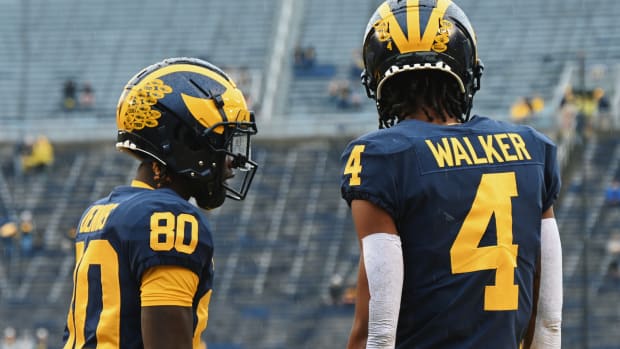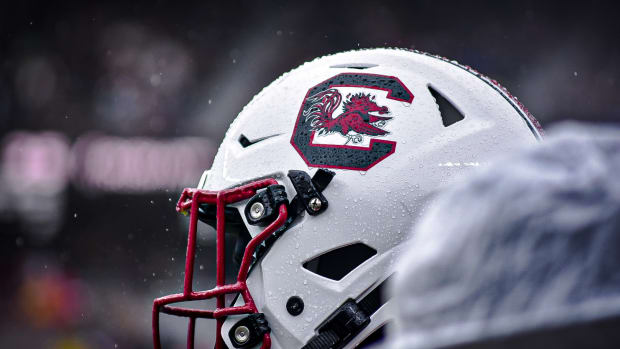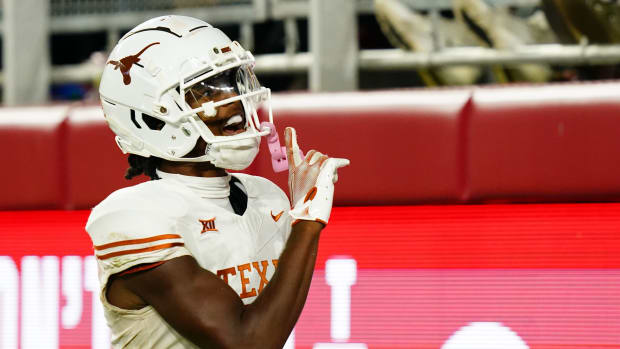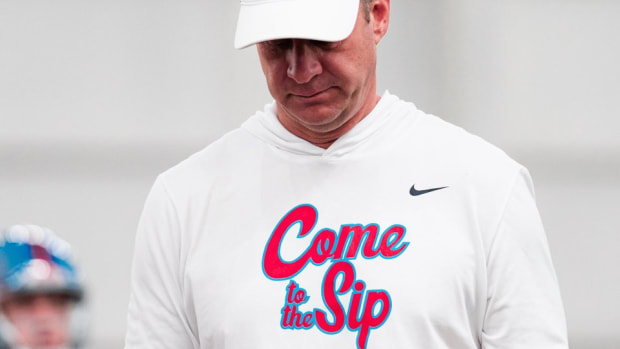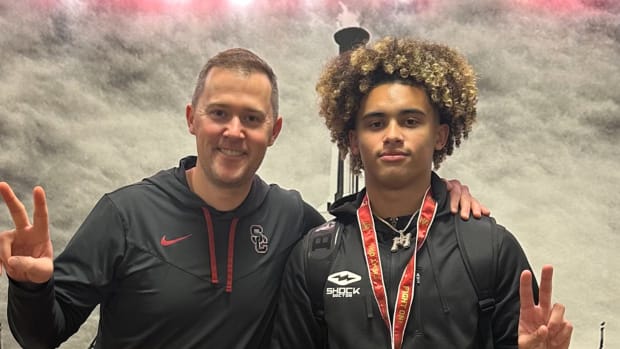Virginia Governor Signs NIL Law That Could Significantly Change College Sports Landscape
Virginia Gov. Glenn Youngkin signed an NIL bill into law on Thursday that could significantly change the college sports landscape.
Effective July 1, schools in Virginia can directly pay student-athletes for Name, Image, and Likeness. The law that Youngkin signed on Thursday made it illegal for the NCAA to punish a school for compensating athletes for their NIL rights.
Currently, the NCAA prohibits schools from signing NIL deals with their own student-athletes. This has led to the creation of NIL collectives, which are separate entities from the schools themselves, that pay players for their NIL.
Now, NIL collectives will be able to work even more closely with the schools themselves in regards to player compensation, and remove the gray area that existed between schools and their NIL collectives.
The impact of this law on college athletics could be substantial, both for schools inside and outside of the state of Virginia. Beginning later this summer, schools in Virginia will have more freedom in pursuing compensation for student-athletes, allowing universities like Virginia Tech, Virginia, James Madison and others to have an upper hand on the recruiting trail until further notice.
This will likely expedite the timeline of NCAA rules changes to NIL to allow schools outside of Virginia to reap the same benefits that schools in the commonwealth will ostensibly have beginning in July.
Last December, NCAA president Charlie Baker proposed potential rules changes stipulating that all schools should be able to pay athletes via NIL deals as part of a plan to update NIL policies. In order for any rules changes to take effect, voting members of Division I athletics need to vote on the measures. To date, no vote has taken place on the potential rules changes, but Virginia's law set in stone on Thursday will certainly bring voting members to the bargaining table sooner rather than later.
Until that occurs, schools in Virginia will have a benefit in NIL compensation that schools in other states won't have. That in and of itself, is notable.
